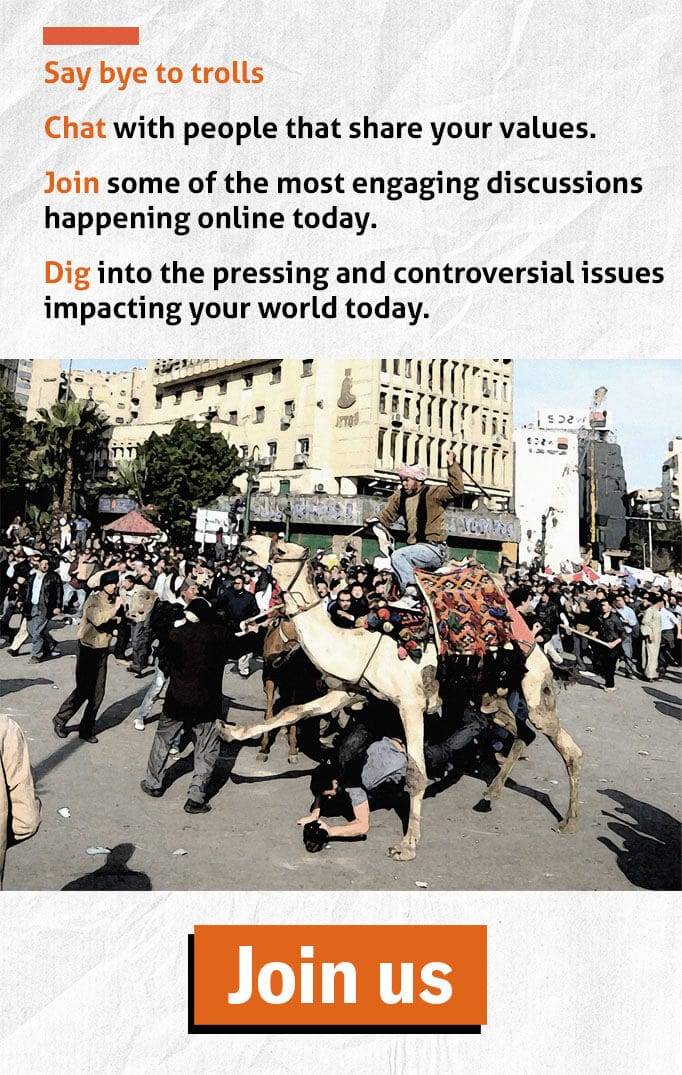The reasons for the escape of girls in Al Shorian’s opinion
Shorian attributed the reason for the escape of girls from Saudi Arabia to the weakness of the country’s protection schemes and the abuse of the guardianship system by some parents, which requires a male relative’s permission for many basic transactions. He said that the existing protection system places the victim in shelters with a bad reputation in conditions similar to imprisonment, while the aggressor, who is usually a relative like the father or brother, is free and can return the escapee solely by signing a pledge not to attack her again. Al-Shorian said that the Ministry of Labor and Social Affairs, which is responsible for the protection file, has major issues to contend with concerning the labor market and unemployment, and has placed the issue of protecting victims of domestic abuse rather low on their agenda. He said that Saudi Arabia needs a different protection system that provides real shelter for the victims and encourages them to seek help instead of fleeing outside the kingdom. Al-Shorian added that the state has repatriated young people involved in terrorist organizations and given them an opportunity to return home safely and that he hoped Saudi women would be afforded the same treatment. The presenter did not refer to international reports about the recent increase in the numbers of Saudis seeking asylum due to the oppressive policies of the Saudi Crown Prince Mohammed bin Salman. UNHCR statistics show that there has been a marked increase in the number of Saudi refugees and asylum seekers since 2015, the year in which the crown prince, known as MbS, appeared on the political landscape of the kingdom at the age of 29. Observers have claimed that the program aimed to absolve MbS of his responsibility for the rise in the number of people fleeing the kingdom and rather lay the blame on social issues. Two weeks earlier, CNN reported that the number of Saudi asylum seekers doubled after the Saudi Crown Prince's campaign to stamp out opposition in the country. According to the latest statistics of the Office of the United Nations High Commissioner for Refugees, the number of Saudi refugees and asylum seekers in 2017 numbered 2392 people.Raseef22 is a not for profit entity. Our focus is on quality journalism. Every contribution to the NasRaseef membership goes directly towards journalism production. We stand independent, not accepting corporate sponsorships, sponsored content or political funding.
Support our mission to keep Raseef22 available to all readers by clicking here!




Join the Conversation
جيسيكا ملو فالنتاين -
17 hours agoجميل جدا أن تقدر كل المشاعر لأنها جميعا مهمة. شكرا على هذا المقال المشبع بالعواطف. احببت جدا خط...
Tayma Shrit -
2 days agoمدينتي التي فارقتها منذ أكثر من 10 سنين، مختلفة وغريبة جداً عمّا كانت سابقاً، للأسف.
Anonymous user -
2 days agoفوزي رياض الشاذلي: هل هناك موقع إلكتروني أو صحيفة أو مجلة في الدول العربية لا تتطرق فيها يوميا...
Anonymous user -
2 days agoاهم نتيجة للرد الايراني الذي أعلنه قبل ساعات قبل حدوثه ، والذي كان لاينوي فيه احداث أضرار...
Samah Al Jundi-Pfaff -
4 days agoأرسل لك بعضا من الألفة من مدينة ألمانية صغيرة... تابعي الكتابة ونشر الألفة
Samah Al Jundi-Pfaff -
4 days agoاللاذقية وأسرارها وقصصها .... هل من مزيد؟ بالانتظار